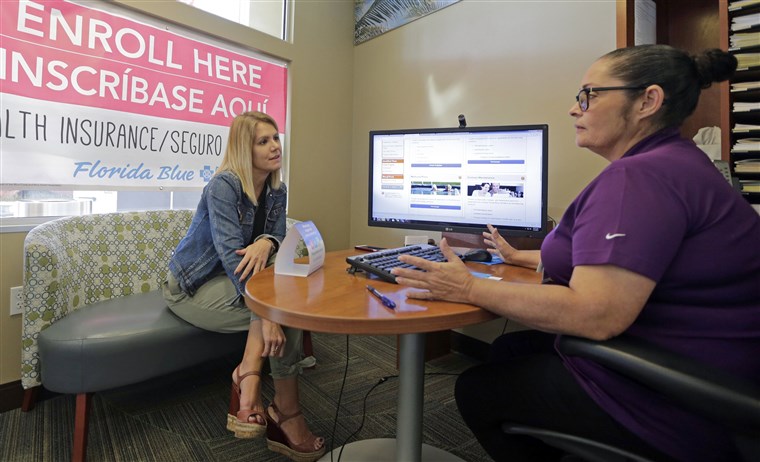Failure to expand Medicaid hurts Florida’s young adults

As national debates on healthcare policy play out, several states have quietly refused an easy opportunity to bring healthcare access to millions of people: expanding the Medicaid program. By choosing not to expand Medicaid, state legislatures across the U.S. leave young people without access to vital services.
Medicaid, a government health insurance plan, was created in the 1960s with the intent of helping vulnerable populations get healthcare treatment. While the program is funded in part by the federal government, state governments are responsible for operating and implementing Medicaid health insurance plans. Florida, for instance, operates its Medicaid program through its Agency for Health Care Administration.
Until recently, the program only covered a limited set of people: the elderly, the disabled and families with young children. That changed in 2010 when the Affordable Care Act expanded eligibility to low-income adults without kids. Millions of low-income people could now sign up for Medicaid and access quality health insurance for the first time, including young adults and their families.
Expanding Medicaid helps college-age youth as well. While young people can stay on their parents’ insurance until they turn 26, many are covered under high-deductible plans with huge out-of-pocket costs. Expanding the program would give these underinsured young adults access to vital care without breaking the bank.
Similarly, Medicaid expansion gives low-income adolescents access to key services that many policymakers overlook, such as reproductive and mental health. Birth control, STI and pregnancy checkups, counseling and psychiatry are all critical services that young people need, but without access to a quality healthcare plan like Medicaid, many young people are forced to pay out of pocket or do without.
However, because states are responsible for running Medicaid plans, the Supreme Court ruled that states can choose not to expand eligibility. Most eventually chose to expand the program, but 14 states are still holding out, the largest of which are Texas and Florida.
Lawmakers in these states, mostly Republicans, have argued that expanding the program would be financially unsustainable. However, for Florida at least, this claim is far from the truth. A 2019 analysis by the Florida Policy Institute found that the overwhelming majority of the cost would be paid for by the federal government, with the rest being made up through cost-savings in other areas.
Florida, for instance, gives subsidies to hospitals for unpaid medical treatments. By expanding Medicaid, fewer treatments would go uncompensated, saving the state money.
More importantly, while lawmakers in Tallahassee refuse to expand the program, uninsured and underinsured Floridians continue to suffer, sometimes with deadly consequences. A 2019 study by the Center for Budget and Policy Priorities, for instance, found that 2,776 deaths in Florida could have been prevented from 2014 to 2017 if the Medicaid program were expanded, according to data from the National Bureau of Economic Research.
Floridians deserve a fair and equitable healthcare system. By expanding the Medicaid program, Gov. Ron DeSantis and the Florida Legislature can take a positive step toward that goal.
Nathaniel Sweet is a senior studying political science.







